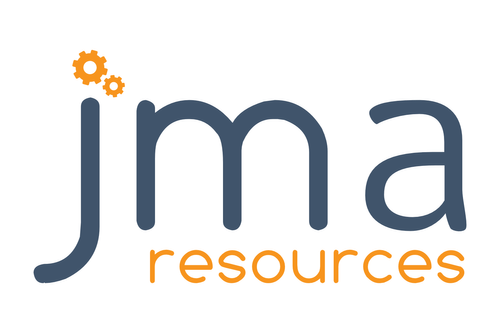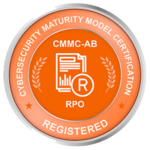JMA’s Innovative Self-Service Marketplace Revolutionizes Data Analytics, Enabling Non-Technical Users to Drive Business Success
Challenge
Non-Technical Users Face Challenges in Analyzing Data, Slowing Down Decision-making.
Organizations today rely heavily on data insights to drive their decision-making processes. However, a significant challenge arises when non-technical end users within the organization lack the means to access and analyze data on their own. While technical staff can create canned reports, custom analytics require dedicated time and effort, hindering executive’s ability to make quick, economic and data-driven decisions.
Solution
JMA’s Self-Service Marketplace Enables Data Access for Non-Technical Users
JMA created a central marketplace to find data that is required for analytics that includes a self-service shopping cart to access data, metadata, and provides business context about the data. The steps to create the central marketplace include:
01
Work with system owners, stakeholders, and stewards of data sources to catalog and provide business context around the data.
02
Implement data catalog tools to manage the data.
To address this challenge, the implementation of a comprehensive solution like self-service marketplace becomes crucial. JMA developed a self-service marketplace that offers a central hub that provides non-technical users with the tools and resources they need to research enterprise data. This marketplace acts like a shopping cart for data, giving users easy access to the datasets they require. It also provides metadata about the available datasets, offering users fundamental information to understand the data’s structure, context, and relevance.
The marketplace goes beyond raw data access by providing crucial business context about the data. Users can explore what data has already been utilized and trusted, which in turn guides them toward making informed decisions. Collaborating with system owners, stakeholders, and data source stewards, it catalogues the data sources and enriches them with valuable business context. This step ensures that users not only have access to data but also understand its significance within the organization.
The data on marketplace is designed to be tool-agnostic, allowing users to utilize any preferred analytics tool. This flexibility ensures that regardless of the tools already in use, the data seamlessly integrates into the workflow.
Impact
JMA’s Self-Service Marketplace Catalyzes Data-Driven Success and Empowers Decision Makers
The impact of implementing self-service marketplace is profound. By empowering non-technical end users to create their own analytics products, organizations can tap into previously untapped potential for data insights. The time-consuming process of technical staff creating separate reports for custom analytics is significantly reduced, fostering agility and responsiveness in decision-making.
With JMA’s data marketplace, organizations can generate new value from their data. Business goals can be achieved more effectively as decision-makers across the organization gain the ability to analyze and extract insights from data independently. Furthermore, the implementation of self-service marketplace contributes to building a future understanding of data. By providing comprehensive definitions, context, and business significance, JMA laid the groundwork for improved data literacy and informed decision-making across the organization.
In essence, marketplace doesn’t just bridge the gap between technical and non-technical users; it transforms the way organizations leverage data for success. It’s not just about understanding your data; it’s about empowering every individual within the organization to be a part of the data-driven transformation.















